Consciousness Can Extend Past a Declaration of Death, Study Suggests
Clinically dead patients who were revived were able to recount post-death conversations, researchers at a highly regarded medical school find.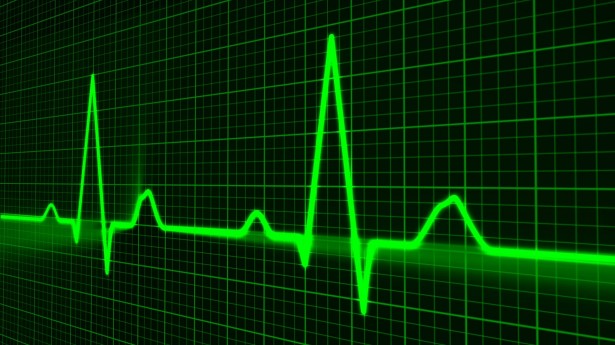 A heart cardiogram. (Public Domain Pictures)
A heart cardiogram. (Public Domain Pictures)
New research at a highly regarded U.S. medical school suggests that some patients may retain awareness after their hearts have stopped and they are declared dead.
The study, by New York University’s Langone School of Medicine, involved people who had suffered cardiac arrest, were pronounced dead and then were revived. It is reported to be the largest of its type ever conducted. Over the years, there have been many reports from patients and medical personnel regarding retention of consciousness after a declaration of death.
In the new research, NYU physician Sam Parnia said that after the patients were resuscitated, they were able to accurately recount conversations that had occurred after their hearts had stopped and describe conditions that existed around them during that period. This led medical researchers to conclude that some revived people may have been aware, during the event, that their hearts had stopped or that they had been declared dead.
In 2013, researchers at the University of Michigan observed activity patterns consistent with a “hyper-alerted state” in the brains of nine rats in which heart attacks had been induced.
The website Live Science explains the process of death:
Your support matters…The brain’s cerebral cortex—the so-called “thinking part” of the brain—also slows down instantly, and flatlines, meaning that no brainwaves are visible on an electric monitor, within 2 to 20 seconds. This initiates a chain reaction of cellular processes that eventually result in the death of brain cells, but that can take hours after the heart has stopped, Parnia said.
Performing cardiopulmonary resuscitation (CPR) does send some blood to the brain—about 15 percent of what it requires to function normally, according to Parnia. This is enough to slow the brain cells’ death trajectory, but it isn’t enough to kick-start the brain into working again, which is why reflexes don’t resume during CPR, he said.
“If you manage to restart the heart, which is what CPR attempts to do, you’ll gradually start to get the brain functioning again. The longer you’re doing CPR, those brain cell death pathways are still happening—they’re just happening at a slightly slower rate,” he told Live Science.
Recent studies have shown that animals experience a surge in brain activity in the minutes after death. And people in the first phase of death may still experience some form of consciousness, Parnia said. Substantial anecdotal evidence reveals that people whose hearts stopped and then restarted were able to describe accurate, verified accounts of what was going on around them, he added.
“They’ll describe watching doctors and nurses working; they’ll describe having awareness of full conversations, of visual things that were going on, that would otherwise not be known to them,” he explained. According to Parnia, these recollections were then verified by medical and nursing staff who were present at the time and were stunned to hear that their patients, who were technically dead, could remember all those details.
Independent journalism is under threat and overshadowed by heavily funded mainstream media.
You can help level the playing field. Become a member.
Your tax-deductible contribution keeps us digging beneath the headlines to give you thought-provoking, investigative reporting and analysis that unearths what's really happening- without compromise.
Give today to support our courageous, independent journalists.


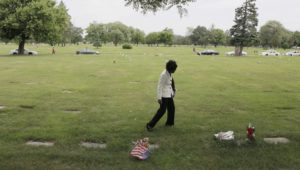
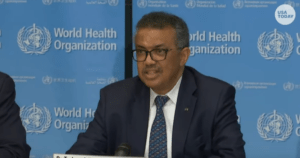
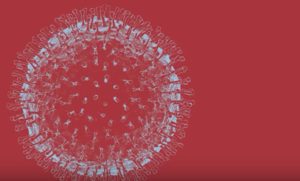
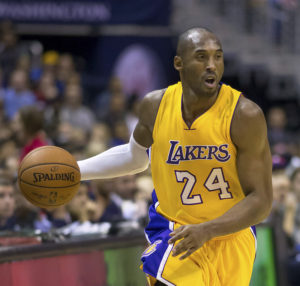
You need to be a supporter to comment.
There are currently no responses to this article.
Be the first to respond.